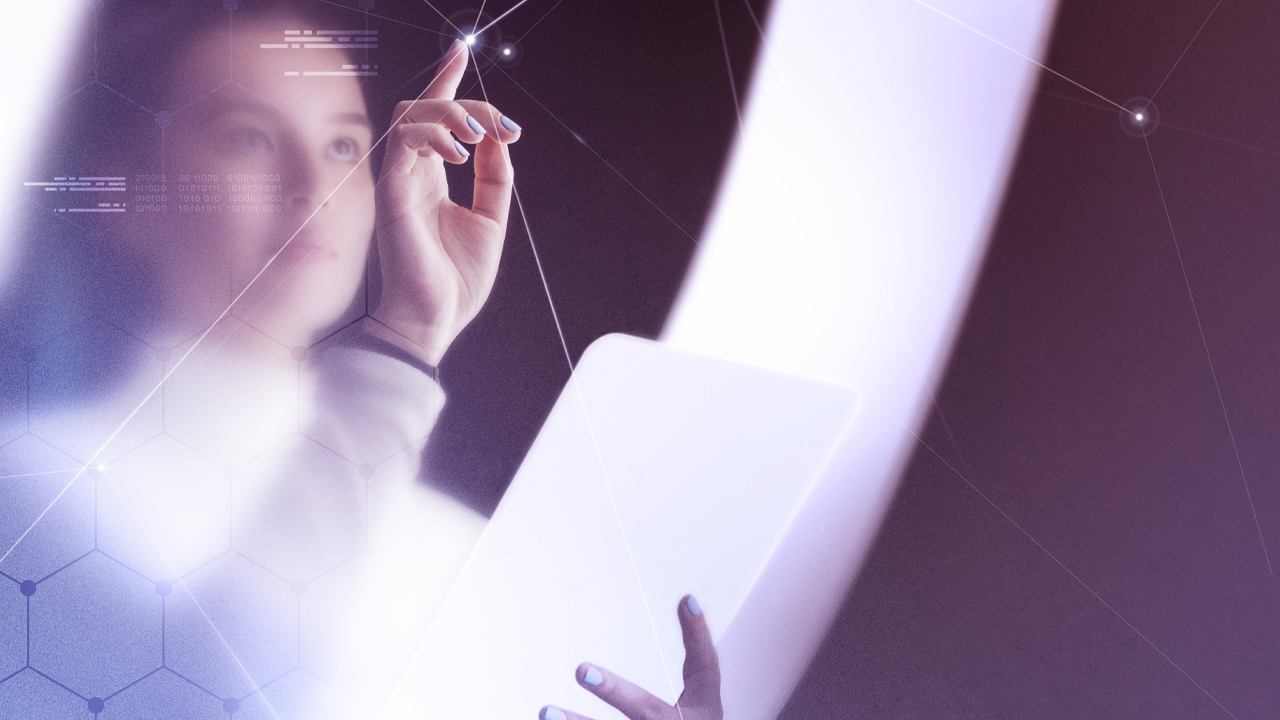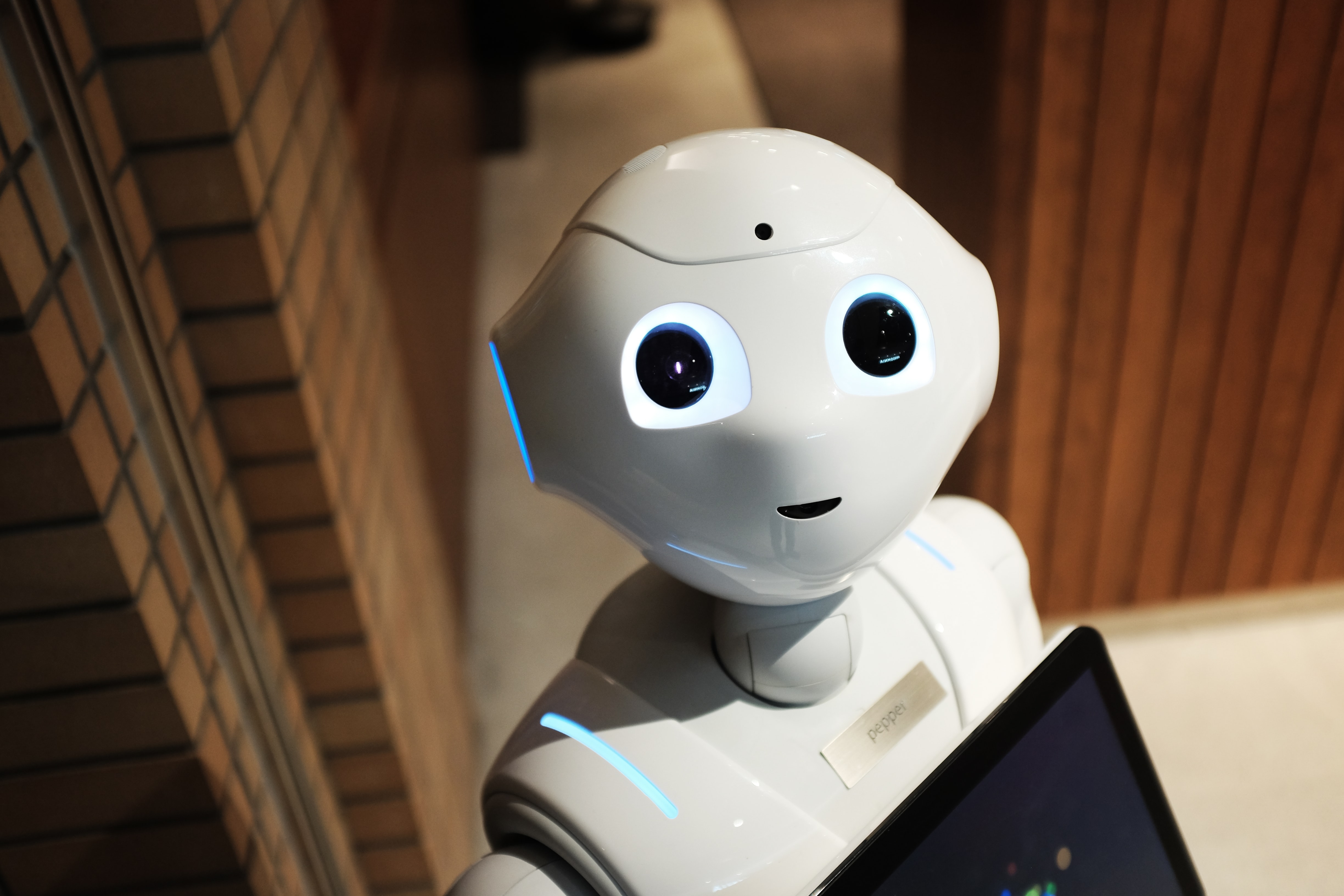This article is about Technology
Understand which software is the right choice for your company and how each helps with production processes.
The use of software to perform simple or complex tasks has become increasingly common. No matter the size of your company, there is software capable of making repetitive day-to-day tasks even faster.
But when choosing which type of software to use, a very common question arises: should you opt for an RPA or an AI?
We’ll help you understand the differences between these two options and explain what each one does next. Thus, you will be able to choose with propriety which one fits in your company.
What is RPA?
RPA means Robotic Process Automation. Many software can perform the role of RPA, which is basically automating repetitive processes.
The RPA software market grew 31% and generated 2.4 billion dollars in 2021, according to Gartner, showing the financial success of this segment.
What is AI?
AI means Artificial Intelligence, the name given to any software capable of solving problems and making decisions by itself, that is, without the help of humans.
According to Gartner, the AI market will reach a value of 5.1 billion dollars by 2025, that is, the interest in this technology only tends to grow.
The difference between RPA and AI
The main difference between RPA and AI is the functions that each software performs.
RPA performs simple and repeated functions, whereas AI is capable of making decisions, performing more functions.
Imagine RPA as the machinery of a self-sufficient factory, the machines are automated and can perform functions such as screwing, welding and moving products on the production line by themselves.
However, every machine there cannot go beyond the predetermined functions of its software, that is, a welding machine is not capable of screwdriving.
AI, on the other hand, can think on its own and thus solve several problems that do not have pre-programmed responses or actions in its software.
A simple example to illustrate the use of AI are virtual assistants like Siri and Alexa, capable of answering complex questions, opening apps, finding addresses, music and files.
Advantages of RPA
Processes more fast
Repetitive actions are common in any workspace, opening a door, saving a file in that folder, moving a piece from here to there, etc.
RPA software is great for helping with these recurring functions, relieving workers from having to perform activities like this all the time. With the automation of small movements, the process becomes faster, helping with efficiency.
A recent study by the US government shows how service automation has become increasingly efficient: in one year the number of hours worked by RPA software went from 285,651 to 848,336, an increase of 195%.
Lower costs
In addition to helping to reduce operational costs in the long run, after all it takes fewer people to perform the function, RPA is also more economically viable than AI.
Artificial Intelligence software is more expensive than Robotic Automation because it is much more complex. Many times your company does not need an AI to perform simple tasks and this is where RPA stands out.
Greater standardization and security
Using RPA, your company will be able to standardize operations, for example, if you frequently produce documents, using the software will avoid errors in their format.
Relying on technology also collaborates with security, after all, documents, products and more will not pass through so many hands, reducing the chances of human error.
And this goes not only for production: using RPA software you run less risk of sensitive information leaking since fewer people will have access.
AI Advantages
Decision-making
An Artificial Intelligence is able to “think for itself” and thus make decisions, something that an RPA software cannot. This more complete thinking makes AI the right choice for more complex roles.
If you tell Siri on iPhone “find Thai restaurants near me”, it needs to understand your speech, search Google and show you results based on your geolocation.
There are many tasks together and in each of them there is a decision-making process: which results to look for, which apps to open, how to show these results. Only an AI is capable of doing all this by itself.
Accurate analyzes
An RPA can even generate reports on its functioning, but they will not have the same depth or interpretation as an AI.
Using Artificial Intelligence, your company will have access to software capable of understanding not only its own functioning, but also how it fits into the big picture of your business.
With AI it is easier to know at what stage your efforts are generating results, where your customer is not satisfied, what you can change and much more.
In fact, data collected by Gartner shows that 51% of institutions that use AI use the tool in all their financial/risk analysis.
Better relationship with humans
AI’s ability to think makes it more capable of interacting with humans, managing to deliver results better in line with your expectations.
If RPA is a bank ATM, in which you need to search for each piece of information and click on specific buttons to be able to carry out an operation, AI is a bank app, where you can ask direct questions and get answers that will guide you through the process. the process.
If you needed to do a banking operation, which software would you prefer to use: an ATM or your app?
Does your business need RPA or AI?
To change your production model, you must first map out what is being done and see where you can improve.
Before implementing software in your company, it will be necessary to study it, in order to know which stages of the production process need to be adjusted.
Once these improvement points are detected, you will need to choose whether you will use RPA or AI software at that stage.
But choosing one does not necessarily mean giving up the other, as it is very common for companies to use both together.
For example, if you need to assist workers in the factory with machinery capable of consistently performing the same tasks, choose RPA.
Now, when creating an app where your consumers can interact and ask frequent questions, you must rely on an AI.
There’s room for both tools, you just need to know when to use each one.
Qintess: Implementing RPA and AI in your company
Qintess works with your business to map your current needs and help you choose between RPA and AI at every stage of your production process.
Get in touch with us and we will put our specialists at your disposal to make your work faster and more practical.
Learn more about how we can help you implement new solutions in your company here.
This article is about Technology
Share:

Understand which software is the right choice for your company and how each help...

The ability to think makes machines powerful allies for your business. Learn how...

Click below for a short story on how customer experience can be vastly improved...

That the digital universe is expanding, we all already know. But a question can...